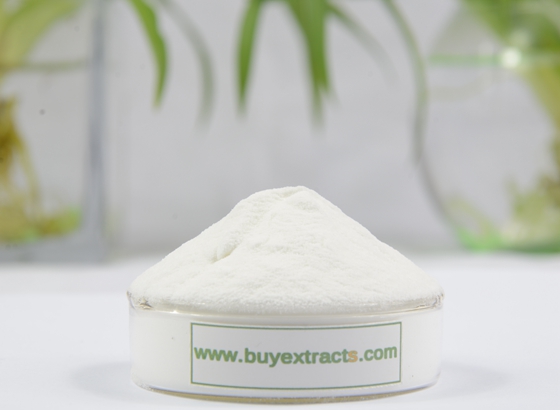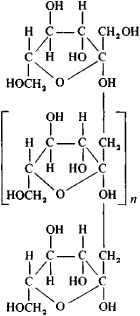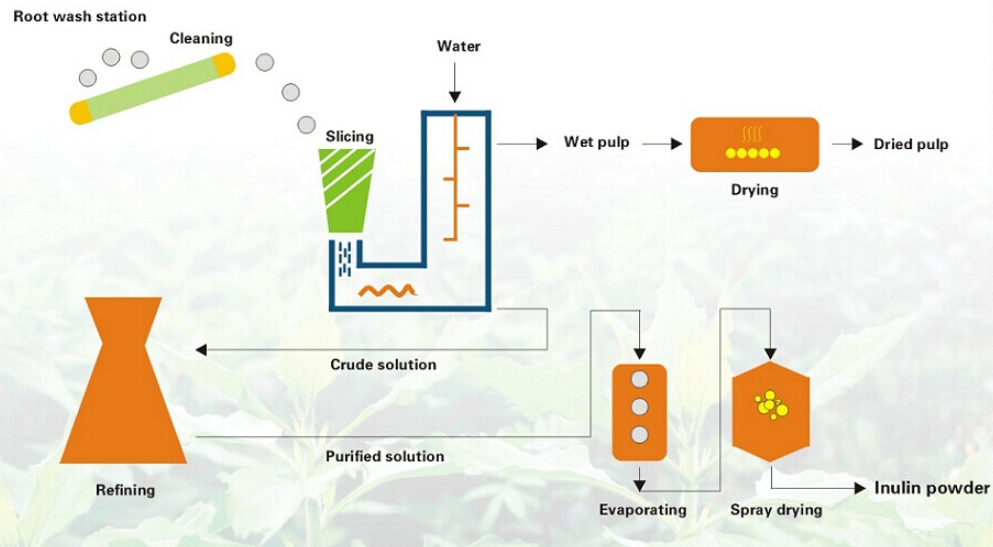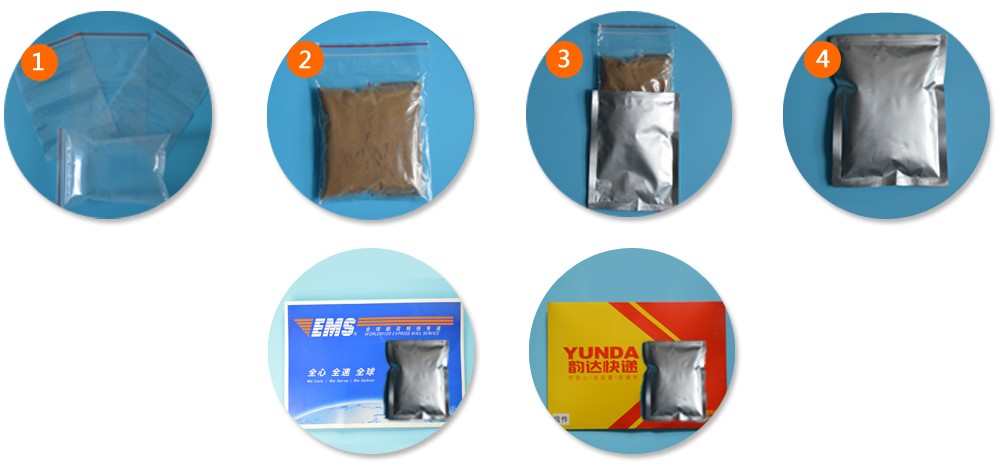1. Support intestinal health (Constipation)
Inulin is a soluble fiber that functions as a prebiotic to promote gastrointestinal tract health by stimulating beneficial bacteria in the gut. Because of certain bond configurations, this dietary fiber survives your stomach acid and intestinal enzymes. It goes to the small intestine, where it mixes with water, ferments, and then becomes food for life-supporting prebiotic bacteria of the large intestine. This bacteria includes things like bifidobacterium and lactobacilli. When you keep bacteria like these fed, they keep out unwanted bacteria like E. coli and Clostridium difficile and fungus like Candida.
What’s more, it has very low glycemic index, it is suitable for many people who are on restricted diets. You can add it to your favorite beverage or food as a thickening agent and sweetener.
Recommended dosage —— 15g of inulin a day
2. Increase nutrient absorption (calcium and magnesium)
Your body is better able to absorb nutrients from the food you eat because inulin slows digestion. According to studies conducted in the United States and France, inulin can increase calcium absorption by as much as 20 percent and magnesium absorption by up to 12 percent.
Recommended dosage —— 15g of inulin daily
3. Control Blood Sugar
Inulin slows digestion, including the digestion of carbohydrates. This helps stabilize blood sugar levels after eating by allowing sugar to be released slowly without spiking.
Recommended dosage —— 15g of inulin daily
*The Content here is not intended to be a substitute for professional medical advice, diagnosis, or treatment. Always seek the advice of your physician with any questions you may have regarding a medical condition.






















